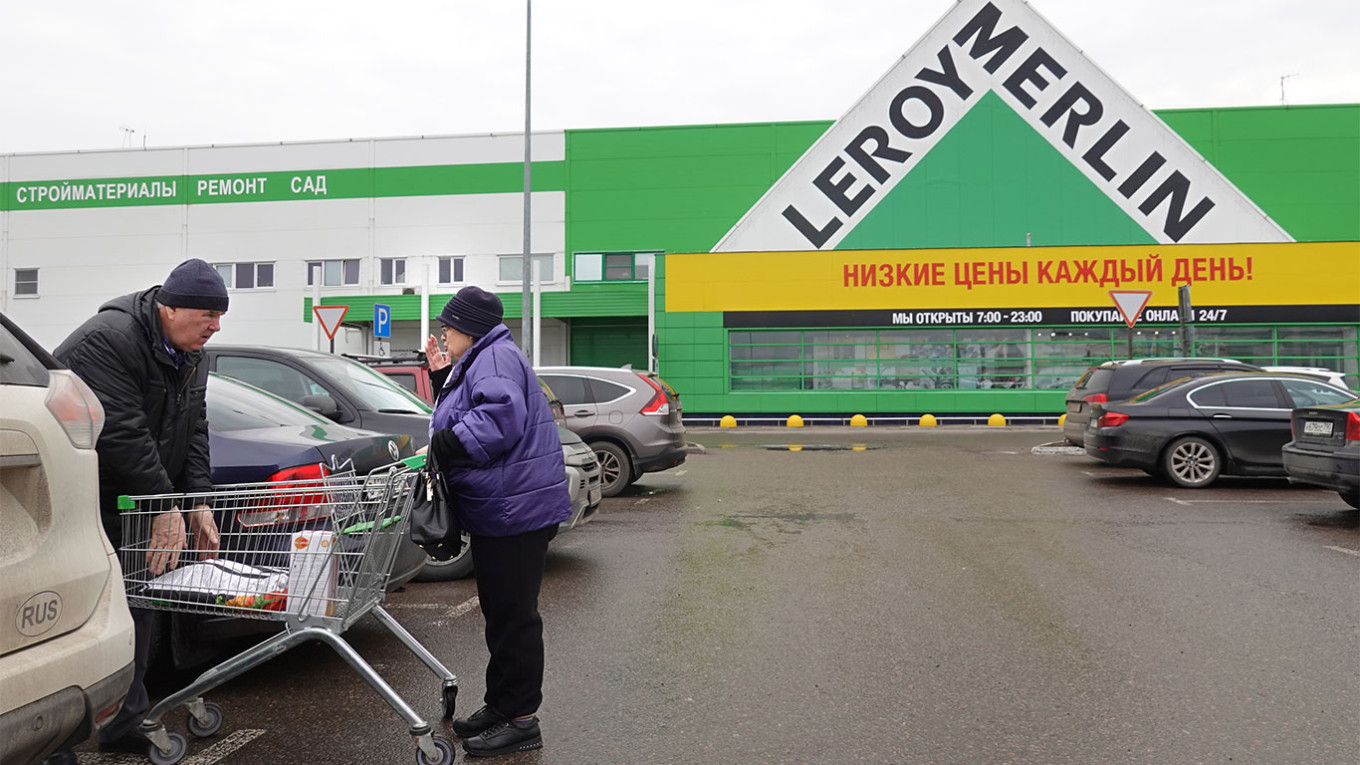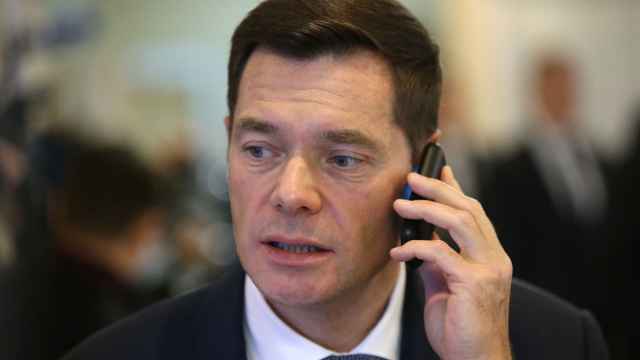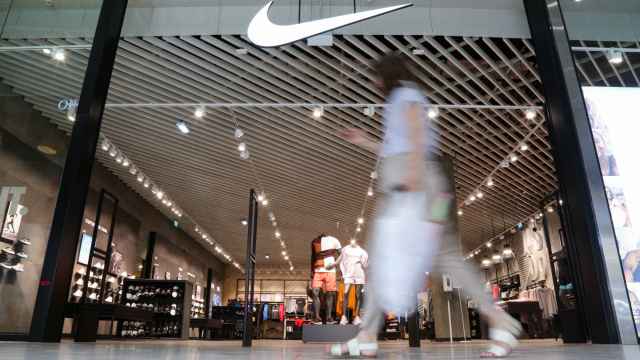U.S., French and German corporations continued to dominate the Russian market in 2023 despite the Western business exodus sparked by the war in Ukraine, according to Forbes Russia’s list of the 50 largest foreign companies in the country.
The latest ranking, which also saw Chinese companies gain ground, reflects the major geopolitical shifts that have taken place since Russia's invasion of its neighbor in February 2022. Twenty-two of Forbes’ top 50 foreign companies of 2022 have since pulled out of Russia.
The United States was nonetheless the most-represented country on Forbes Russia’s 2023 ranking, with eight of the 10 U.S. companies listed in 2022 reappearing in the latest ranking.
China, which has six companies on the 2023 ranking, ranked second, while last year's No. 2 Germany shares third place with France and Turkey at five companies each.
Chinese carmakers and consumer electronics manufacturers gained the most from the wartime shift, with double-digit growth in revenues, Forbes Russia noted.
Belarus, Italy, Thailand and Kazakhstan claimed spots in the top 50 for the first time, while Spain, Latvia and Sweden disappeared from the list.
Notable absences from the latest list include the German carmaker and 2022’s largest foreign company in Russia Volkswagen, as well as France’s Renault (3rd in 2022), Apple (5th), Toyota (7th) and Samsung (9th).
This year, the French home improvement retailer Leroy Merlin took first place with an estimated 529.7 billion rubles ($5.3 billion) in Russian revenues, according to Forbes Russia.
Like many other Western companies, Leroy Merlin announced plans to cede control of its Russian stores to local management pending approval by the Kremlin. The looming exit will disqualify Leroy Merlin from Forbes Russia’s 2024 list.
Since December, the Kremlin has forced foreign companies leaving the country to sell their assets to Russian buyers at a 50% discount and charged them an exit fee of at least 10% of the transaction value.
More than half of the 1,871 European-owned companies operating in pre-war Russia have remained in the country after Moscow’s invasion of Ukraine, according to the Kyiv School of Economics.
A Message from The Moscow Times:
Dear readers,
We are facing unprecedented challenges. Russia's Prosecutor General's Office has designated The Moscow Times as an "undesirable" organization, criminalizing our work and putting our staff at risk of prosecution. This follows our earlier unjust labeling as a "foreign agent."
These actions are direct attempts to silence independent journalism in Russia. The authorities claim our work "discredits the decisions of the Russian leadership." We see things differently: we strive to provide accurate, unbiased reporting on Russia.
We, the journalists of The Moscow Times, refuse to be silenced. But to continue our work, we need your help.
Your support, no matter how small, makes a world of difference. If you can, please support us monthly starting from just $2. It's quick to set up, and every contribution makes a significant impact.
By supporting The Moscow Times, you're defending open, independent journalism in the face of repression. Thank you for standing with us.
Remind me later.






